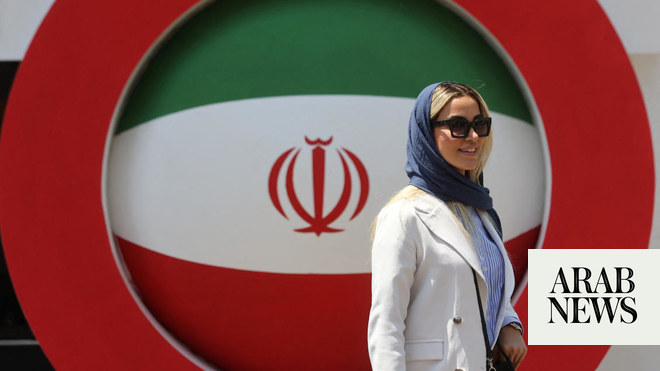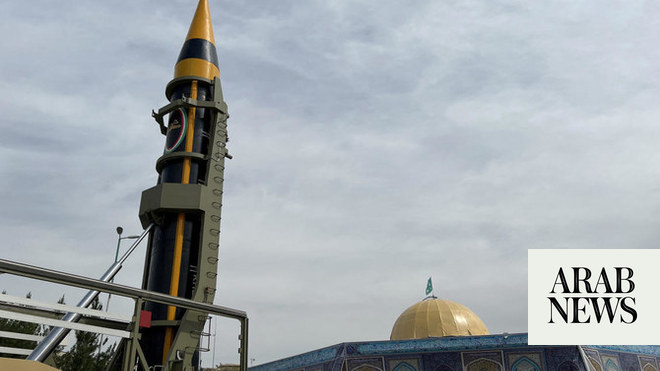
The United States slapped sanctions on Turkey Monday as it demanded an end to the deadly incursion against Syrian Kurdish fighters, accusing its NATO partner of putting civilians at risk and allowing the release of ISIS extremists.
President Donald Trump, who gave what critics say was a de facto green light for Turkey’s assault by ordering US forces away from the conflict area, requested the ceasefire in a call with President Recep Tayyip Erdogan.
“The United States of America simply is not going to tolerate Turkey’s invasion in Syria any further. We are calling on Turkey to stand down, end the violence and come to the negotiating table,” Vice President Mike Pence told reporters.
He said he would travel shortly to Turkey.
Trump announced plans to reimpose steel tariffs on Turkey and immediately halt negotiations on a $100 billion trade deal.
The actions came hours after Syrian regime troops returned for the first time in years to northeastern parts of the country, invited by Kurdish fighters desperate for protection as the United States pulls out.
"I am fully prepared to swiftly destroy Turkeys economy if Turkish leaders continue down this dangerous and destructive path," Trump, who until recently had touted his friendship with Erdogan, said in a statement.
The Treasury Department said it was imposing sanctions on Turkeys defense, interior and energy ministers, freezing their US assets and making US transactions with them a crime.
But House Speaker Nancy Pelosi criticized the sanctions on Twitter, writing they "fall very short of reversing the humanitarian disaster brought about by (Trumps) own erratic decision-making."
Signaling an escalating rift in relations, Defense Secretary Mark Esper said he would head next week to Brussels to ask NATO allies to punish Turkey over the incursion.
NATO has long been seen as keeping Turkey in the Western orbit, but Erdogan angered the United States earlier this year by buying the major S-400 missile defense system from Russia.
Turkey aims to neutralize the Kurdish People’s Protection Units (YPG), the main element of Washington’s Kurdish-led ally, the Syrian Democratic Forces (SDF), which has been a key US ally in defeating ISIS in Syria.
Ankara regards the YPG as a terrorist group aligned with Kurdish insurgents in Turkey.
Turkey wants to create a roughly 30-kilometer (20-mile) buffer zone along its border to keep Kurdish forces at bay and also to send back some of the 3.6 million Syrian refugees on its soil.
The chaos in areas targeted in the six-day-old Turkish assault has already led to the escape of around 800 foreign women and children linked to ISIS from a Kurdish-run camp, according to Kurdish authorities.
The Kurds had repeatedly warned of that exact scenario when Western countries refused to repatriate their ISIS-linked nationals and when Trump made it clear he wanted to end the US military presence.
Trump mused that the Kurds may be releasing prisoners to keep the United States engaged and staunchly defended withdrawing troops.
"Anyone who wants to assist Syria in protecting the Kurds is good with me, whether it is Russia, China, or Napoleon Bonaparte. I hope they all do great, we are 7,000 miles away!" Trump wrote on Twitter.
The United States said it is withdrawing all 1,000 troops from northeastern Syria, keeping in the country only roughly 150 troops in the southern base of Al Tanf near the borders with Jordan and Iraq.
Wasting no time to fill the void, Russia -- the top broker in Syria -- clinched a deal between the Kurds and Damascus. The two sides had frosty ties since the minority group threw its lot in with Washington and unilaterally declared self-rule as the regime fought opposition factions elsewhere.
From early Monday, Syrian regime forces were moving within several kilometers (miles) of the border, AFP correspondents reported.
Residents around the town of Tal Tamer welcomed them with cheers and Syrian state television showed some waving national flags.
Erdogan had said he expected Kurdish forces to withdraw from Manbij, some 30 kilometers from the border, with the arrival of the regime.
"When Manbij is evacuated, we will not go in there as Turkey. Our Arab brothers, who are the real owners, the tribes... will return there," he said.
According to the Syrian Observatory for Human Rights, a Britain-based war monitor, the Turkish attack has already left 133 fighters from the SDF and 69 civilians dead.
The United Nations says 160,000 people have been displaced.
On the Turkish side, four soldiers and 18 civilians have been killed in six days, either in fighting or from Kurdish cross-border fire, according to Turkish sources.
The Observatory has put the number of pro-Turkish Syrian forces killed at 108.












